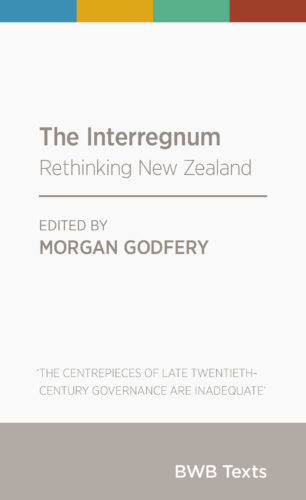
Having chosen a left-wing work (The Interregnum) for our previous reading, we now go to the right again and have a look at Julius Evola’s Ride the Tiger. Subtitled “A Survival Manual for the Aristocrats of the Soul”, it’s based on the premise that the fight against modernity has been lost and the only thing a thinking man can do is ride the tiger of modernity until it’s time to rebuild on the other side.
Part I of the eight parts of this book is called “Orientations” and divides into two essays.
The first of these is called ‘The Modern World and Traditional Man’. This opens outright with a declaration that this text isn’t for everyone. Like The Satanic Bible, Evola is explicit in that his book is only for a particular kind of person. Ride the Tiger is written for the outsider.
Evola’s style seems timeless in the sense that his complaints about the nature of society apply just as well to 2018 as they did to his time, and probably apply well to many times in the past. Things are collapsing, certainly in social terms if not yet physical ones, and so Evola advocates a return to traditional values.
These traditional values are not bourgeoisie ones, Evola is at pains to point out, but in fact “the very antithesis of them.” Indeed, he hints at evoking the perennial philosophy, such as when he writes “It is good to sever every link with all that which is destined sooner or later to collapse. The problem will then be to maintain one’s essential direction without leaning οn any given or transmitted form.”
Psychonauts such as the readership of VJM Publishing will commiserate with this feeling, as it’s a handy description of the ego death experience that comes with the peak of a psychedelic trip. One loses all touch with and memory of the fleeting forms of energy that make up the material world, and resides solely in pure consciousness, and thereby reunites with God.
Fittingly, then, Evola states that the Tradition that inspires him has “the character of an esoteric doctrine.”
The second essay, ‘The End of a Cycle – “Ride the Tiger”‘, continues in the same vein. Evola explains that the expression “to ride the tiger” is from the Far East and refers to the idea that it’s safer to ride on the tiger’s back than to try and flee and get pounced on, for the tiger will eventually tire out and then one can make an escape.
Essentially, the idea expressed here is this: great and terrible changes are sweeping the world, and will continue to do so. They will destroy much, if not all, of the existing order, regardless of whether this order is good or bad. There is no hope of resisting this process.
All of this sounds terribly pessimistic and nihilistic on the surface, but it’s clear that, like Nietzsche before him, Evola has anticipated the nihilism that follows the destruction of the incumbent value system, and is speaking of what must come beyond that. He writes of the “Four Ages” system famililar to readers of Plato’s Republic as well as to Hindus.
The warning of this chapter is that the forces of destruction and degeneracy are too powerful to be overcome; resisting them is as futile as resisting the tide. But in this there is still a message of hope: those destructive forces are too mindless, stupid and disorderly to hold sway for very long and so, like the storm, they will pass, and leave an opportunity to rebuild order in their wake.
And so, Evola mocks the “progressive” and “advanced” thinking of the West as little more than symptoms of a disease of the soul. This is apparently the context in which the book ought to be read.
The object of the book is summed up in the final paragraph of this essay: “defining the attitude to be taken toward certain experiences and processes of today”. In other words, how do we deal with the fact that everything’s falling to bits?
*
If you enjoyed reading this essay, you can get a compilation of the Best VJMP Essays and Articles of 2017 from Amazon for Kindle or Amazon for CreateSpace (for international readers), or TradeMe (for Kiwis).

